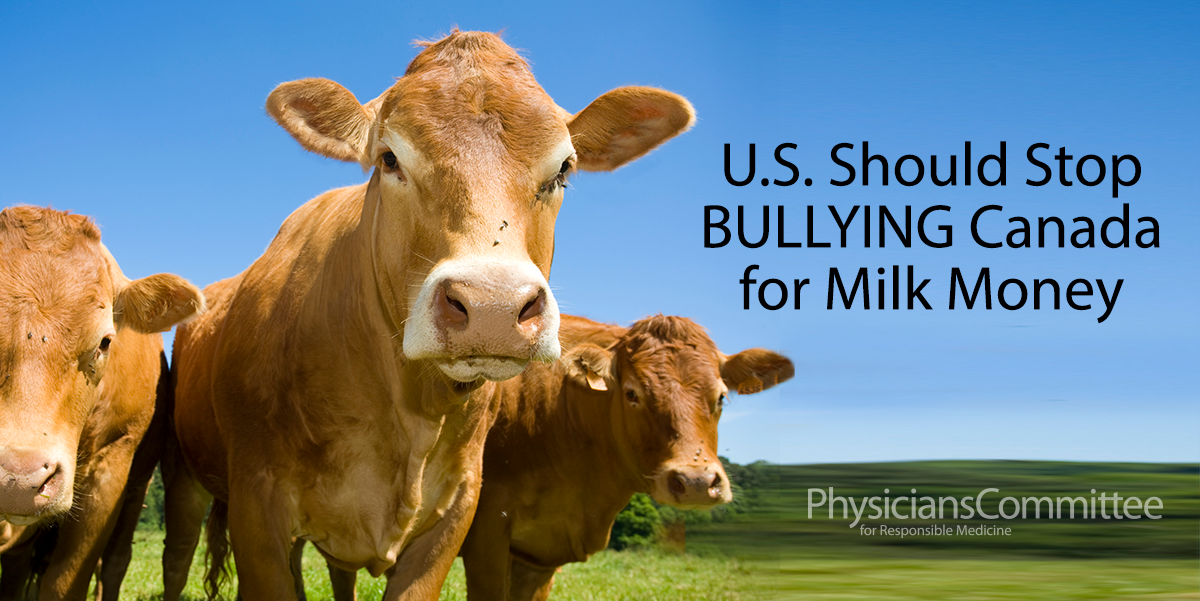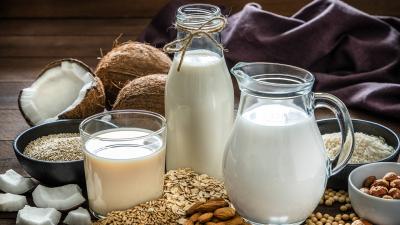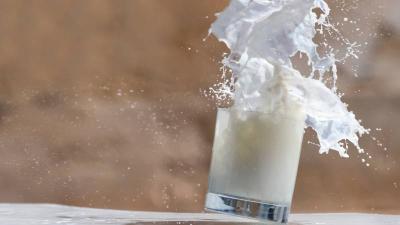U.S. Should Stop Bullying Canada for Milk Money

Canada doesn’t want milk from the United States. That’s good news for the health of Canadians. Dairy products are dangerous: cancer, heart disease, bone fractures, and early death. But the United States keeps bullying Canada for milk money.
Canada doesn’t want milk from the United States. That’s good news for the health of Canadians. Dairy products are dangerous: cancer, heart disease, bone fractures, and early death. But the United States keeps bullying Canada for milk money.
Yesterday, the Senate Agriculture Committee wrote to Sec. of Agriculture Sonny Perdue saying that Canada has caused a “loss of sales for U.S. dairy companies and farmers.”
How? Canada used to purchase ultrafiltered milk (used to make cheese) from U.S. dairy producers but stopped when Canada lowered its domestic prices.
President Donald Drumpf tweeted about the decision last month, saying that “Canada has made business for our dairy farmers in Wisconsin and other border states very difficult.” He also called Canadian import taxes on U.S. dairy products “very, very unfair.”
But what’s really unfair is the United States’ insistence on dumping dangerous dairy products onto other countries, which has happened across presidential administrations.
The United States has already milked Canada for millions of dollars for dairy products. Canadian Prime Minister Justin Trudeau says “the U.S. has a $400 million dairy surplus with Canada.” Our neighbors to the south are even worse off. Mexico is the U.S. dairy industry’s No. 1 export market.
The United States is in dairy denial: Demand in America is plummeting, but production doesn’t reflect this reality. So instead of producing less milk, the United States tries to pour it into Canada and other countries. The Canadian dairy industry may have summed it up best:
“To use a phrase that has recently come out of the U.S., Wisconsin farmers are using alternative facts,” the Dairy Farmers of Canada told The Independent newspaper. “The Wisconsin people are trying to find an enemy—when in reality the problem they have is that they’re overproducing.”
So now what? A Wisconsin cheesemaker has agreed to purchase some of the milk that Canada isn’t buying. But that doesn’t solve the problem. It could create a new one: a surplus of cheese that could cost U.S. taxpayers millions of dollars. Last year, the U.S. Department of Agriculture announced that it would purchase $20 million of surplus cheddar cheese.
It’s time for the United States to break this cycle by cutting back on milk production. Maybe dairy producers should consider a transition to the healthful plant-based milks consumers want: Sales of almond milk grew 250 percent between 2010 and 2015, while the total milk market shrank by more than $1 billion, according to Nielsen.
New York City's Elmhurst Dairy embraced this trend. After 92 years of supplying cow’s milk to 8,300 grocers and 1,400 public schools, it shut down operations. But it reopened—selling only dairy-free plant milks.
“After 92 years in business, it was time to embrace a new model and look toward the future,” 82-year-old CEO Henry Schwartz told Business Insider.
But that won’t happen without a fight. Members of Congress and the dairy industry are so worried that they’ve even introduced the Defending Against Imitations and Replacements of Yogurt, Milk, and Cheese To Promote Regular Intake of Dairy Everyday Act (DAIRY PRIDE Act), so that the word “milk” can only be used for products “obtained by the complete milking of one or more hooved mammals.”
It’s clear that the dairy industry is a disaster. It’s time for dairy producers and U.S. government to swallow their pride and stop bullying other countries and Americans into supporting a dying industry.







